Food Law Enforcement
Summary of Ashford Borough Council's Food Law Enforcement Policy
Complaints and Appeals Procedure
Introduction
This policy sets out the council's principles for enforcing and executing its duties as a food authority under The Food Safety Act 1990 and other relevant food safety legislation.
Duties fall under three main headings, as follows:
- The regular inspections of all food premises within the borough to ensure compliance with the law. The minimum frequency of these inspections is laid down by the Food Standards Agency (FSA) according to the risk each premises presents.
- The investigation of complaints about unsatisfactory food or food premises.
- The regular sampling of food intended for sale in the borough to ensure that it meets food safety standards.
Aim of the policy
The council aims to protect public health and safeguard food standards by ensuring compliance with the relevant legislation whilst recognising the needs of local businesses.
Policy
The protection of public health will be paramount when enforcing the law, but the difficulties of food businesses in interpreting legal requirements will also be given due consideration. This will apply particularly to smaller businesses that will probably not have the specialist advisers that are available to larger companies.
All enforcement action taken will be proportional to the risk any situation presents and will be in accordance with statutory codes of practice, council procedures and official guidance from central and local government bodies.
Every effort will be made to ensure compliance with the law by a process of advice and education. Formal action will only be considered in the following circumstances:
- When there is a serious risk to public health;
- When there is a blatant or deliberate contravention of the law;
- Where there is a history of non-compliance or co-operation for an informal approach is not forthcoming;
- Where food businesses fail to take action in the timescales agreed within an informal process.
Informal action
During an inspection of a food premises or process, the officer will give the proprietor verbal advice on how to remedy any contraventions of the law and on general good practice.
Timescales will be agreed to carry out any necessary work and at the end of the visit, the proprietor will be given an inspection report stating what action will be taken as a result of the inspection.
If the running of the business is satisfactory or there are only limited minor problems, verbal advice may be sufficient.
If, however, there are more substantial issues to be addressed, a letter will be written to the proprietor of the business, detailing work that has to be carried out and within what timescale.
A clear distinction will be made in the letter between what is required by law and what is recommended good practice.
The premises will be revisited to ensure that the necessary action has been taken.
Formal action
If formal action is required under the criteria above, the following options are available according to the circumstances:
- Hygiene Improvement Notices – these are statutory notices used when a food business is failing to comply with food hygiene or food processing regulations. They require the necessary remedial action to be taken by a proprietor of the food business in a relatively short space of time (a minimum of 14 days). A realistic timescale is set to comply with the notice, which is discussed with the proprietor or their representatives, and wherever possible agreed with them taking into account the risk to public health and the relevant practicalities. The Hygiene Improvement Notice itself can be appealed against, and an extension of time to comply with it can be requested if there are legitimate reasons. Failure to comply with the notice, however, is an offence and would normally result in prosecution.
- Hygiene Emergency Prohibition Notices – These are used when there is an imminent risk of injury to health posed by a food premises or a process, the authorised officer will serve a Hygiene Emergency Prohibition Notice. This ensures the immediate closure of the premises or stops a particular process. An application must then be made within three days in court to have the notice confirmed with an Emergency Prohibition Order. If the court is not satisfied that there was an imminent risk of injury to health at the time the notice was served, compensation may be payable to the business concerned by the council.
Prosecutions
Where formal action is required under the circumstances specified above, a prosecution may be necessary if the alleged offence is serious enough. Any decision to prosecute will be taken strictly in accordance with the Code for Crown Prosecutors, the Regulators' Enforcement Code and FSA Codes of Practice on prosecutions.
In considering a prosecution the following factors will be taken into account:
- The previous history of the party concerned.
- The willingness of the party to prevent a recurrence of the problem.
- The probably public benefit of a prosecution.
- The likelihood of the defendant being able to establish a due diligence defence, i.e. that they did all they could to prevent the offence and it was someone else who should be proceeded against or they took all reasonable steps to avoid the offence.
- Whether the issuing of a simple caution would be more appropriate or effective.
Complaints and Appeals Procedure
The council's complaints procedure will be followed for complaints concerning the officer.
Hygiene Improvement Notices have a statutory appeals procedure, and proprietors of food businesses are entitled to appeal against any refusal of the council to lift a Hygiene Emergency Prohibition Order.
A business has the right of appeal to the LFO with regard to the rating they received under FHRS. If not satisfied with the result of this appeal they may seek a judicial review.






